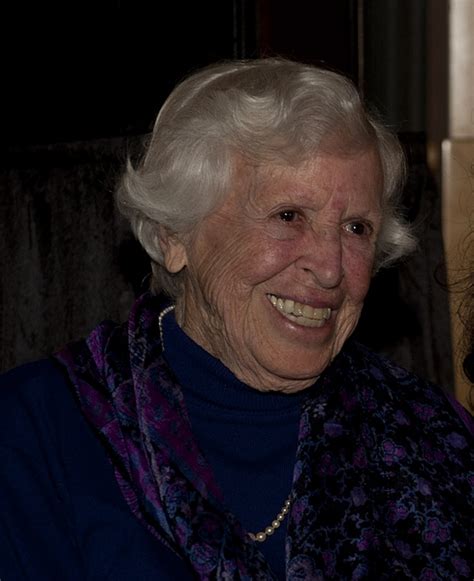A Quote by Fyodor Dostoevsky
Lamentations comfort only by lacerating the heart still more. Such grief does not desire consolation. It feeds on the sense of its hopelessness. Lamentations spring only from the constant craving to re-open the wound.
Related Quotes
The man who has known pure joy, if only for a moment ... is the only man for whom affliction is something devastating. At the same time he is the only man who has not deserved the punishment. But, after all, for him it is no punishment; it is God holding his hand and pressing rather hard. For, if he remains constant, what he will discover buried deep under the sound of his own lamentations is the pearl of the silence of God.
True prayer is only another name for the love of God. Its excellence does not consist in the multitude of our words; for our Father knoweth what things we have need of before we ask Him. The true prayer is that of the heart, and the heart prays only for what it desires. To pray, then is to desire -- but to desire what God would have us desire. He who asks what he does not from the bottom of his heart desire, is mistaken in thinking that he prays.
The heart that loves must one day grieve. Love and grief are the Goddess's twined gifts. Let the pain in, let it open your heart to compassion. Let me help you bear your grief and then may your heart ease and open to greater love. May the love that flows eternally through the universe embrace and comfort you. p.85
I confess, without shame, that I am sick and tired of fighting — its glory is all moonshine; even success the most brilliant is over dead and mangled bodies, with the anguish and lamentations of distant families, appealing to me for sons, husbands, and fathers ... it is only those who have never heard a shot, never heard the shriek and groans of the wounded and lacerated ... that cry aloud for more blood, more vengeance, more desolation.
Some communities don't permit open, honest inquiry about the things that matter most. Lots of people have voiced a concern, expressed a doubt, or raised a question, only to be told by their family, church, friends, or tribe: "We don't discuss those things here." I believe the discussion itself is divine. Abraham does his best to bargain with God, most of the book of Job consists of arguments by Job and his friends about the deepest questions of human suffering, God is practically on trial in the book of Lamentations, and Jesus responds to almost every question he's asked with...a question.
I cannot believe this is the end. Nor can I believe that death is more than the blindness of those living. And if this is only the consolation of a heart in its necessity, or that easy faith born of despair, it does not matter, since it gives us courage somehow to face the mornings. Which is as much as the heart can ask at times.







































